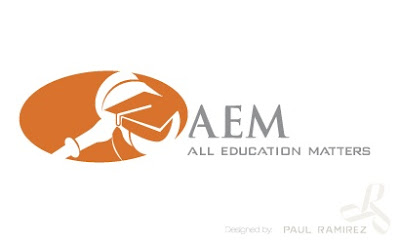Strike Debt has been highly effective in its efforts to achieve its mission in debt resistance. Those involved continue to make tremendous strides, and I am personally honored that they cited me in their manual.
In the introduction to the manual, an interesting question is raised: "To Whom Are We Indebted?" It is here in which the authors outline the structural forms of our debt system in the US as well as globally. While acknowledging how it certainly affects individuals, and pointing out how society tends to place blame solely on the individuals who take on the debt, the discussion addresses the systemic ways in which debt divides those with power and those without it (this section even discusses the destabilizing role it plays in our most intimate relationships, i.e. how it divides us). Indeed, debt has the power to destroy our most intimate relationships, as many debtors have shared with me here in past testimonials. Furthermore, the creators of the manual are also highly aware of the fact that debt - as I have said many times here - creates a collective bond between all debtors, but at the same time the manual notes how debt plays a different role in the lives of women, people of color, as well as queer and trans folks. In a word, intersectionality is a key thread in the manual's analysis.
While the question of to whom are we indebted can be answered with notable negative responses, the writers of the manual also remind us of the positive aspects of indebtedness. For instance, authors, in the acknowledgments section of a book, will oftentimes write something like, "I am indebted to my wife or my husband or colleague(s) and without their support, the creation of this work never would have been possible."
Naturally, this got me thinking about the people to whom I am indebted, the people who care about my well-being, who want me to succeed, who are there for me even when I doubt everything about my abilities. There are a lot of people to whom I am indebted, one person in particular I am thinking about right now (he saved my life in fact), but those details are included in the Introduction to my forthcoming book.
To Whom Are You Indebted? You can answer this in the affirmative, negative, or both.


Essential post. I’m not at all surprised that Cryn was cited in the manual. By the way: buy her book. Then read it.
ReplyDeleteI have "Direct" federal student loans taken between 2010 and 2013. Let's see who I - and those similarly situated to me - are indebted to, shall we?
ReplyDeleteI am indebted to the Department of Education.
However, the Department of Education itself *BORROWED* the money that it lent to me in the name of all the people of the United States who might happen to be alive when said debt - a US sovereign bond - reaches maturity and has to be finally paid back in full.
So, who bought the US sovereign bond debt that funded the Department of Education that funded me?
Well, between the years of 2010 and 2013 - while we can't say for certain, we can say with 70-100% accuracy that the Federal Reserve Bank of United States bought the bonds, since said entity was buying 70-100% of new issuance of US sovereign bonds during that period.
Okay, so where did the US Federal Reserve Bank of the United States get the money it used to buy the bond, to fund the Department of Education to lend to me and those similarly situated?
It printed the money. That money has a finite existence. It's supposed to be de-created when the Federal Reserve Bank of the United States "unwinds" its "balance sheet" of US sovereign bond holdings.
In short, I, we, owe money to no one. Amen Occupy. We Won't Pay.